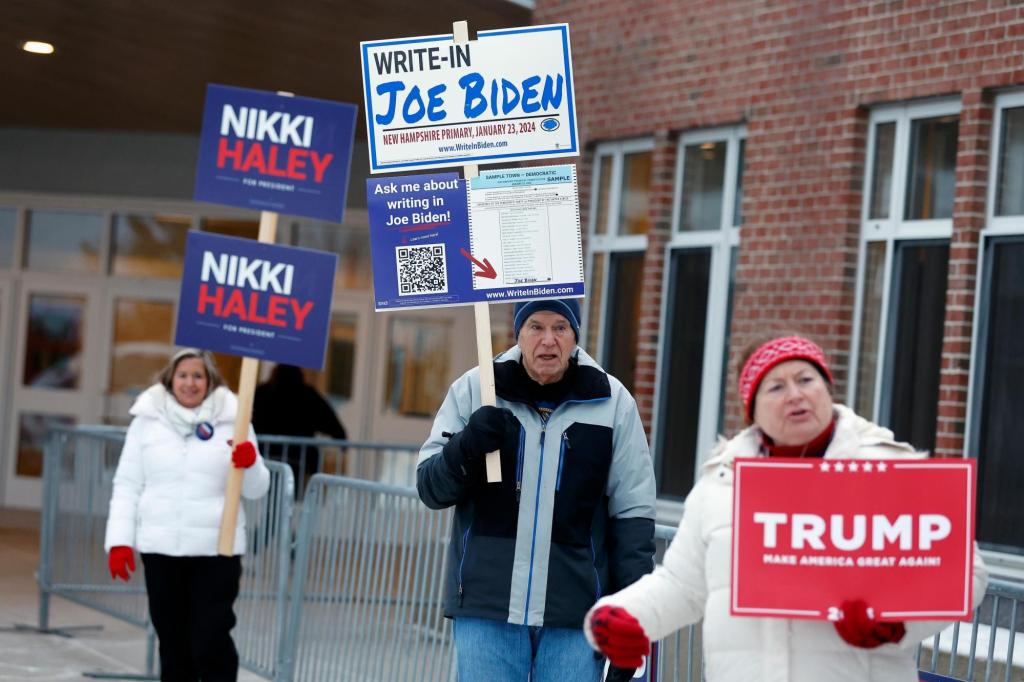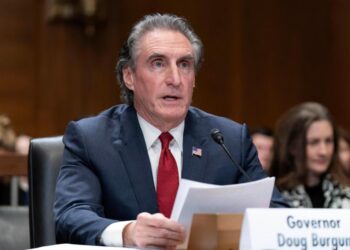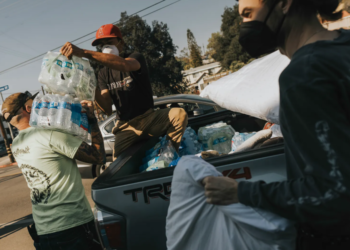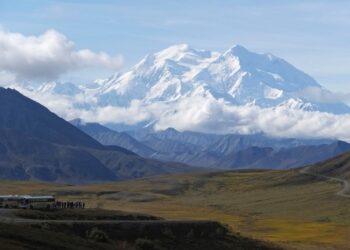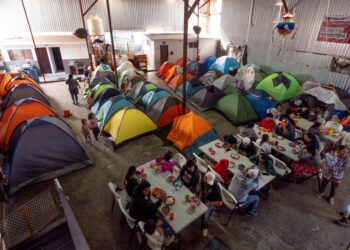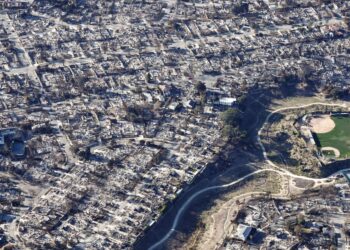By Gary Fields, Associated Press
WASHINGTON (AP) — As an independent, Christian Miller can’t vote in Pennsylvania’s closed presidential primary in April. He said it wouldn’t matter even if he could.
“You’re not really voting for anything,” said Miller, who left the Democratic Party in 2022. “Every election I’ve ever seen, the candidates have been decided by the time they get to Pennsylvania.”
Pennsylvania is a crucial presidential swing state and the fifth most populous in the country. And yet holding a primary so much later than other states means its voters often have little say in choosing the presidential contenders. It’s the same for voters in much of the rest of the country.
That dynamic is even more pronounced this year with the front-runners for both major parties in overwhelming position to become the presumptive nominees on or not long after Super Tuesday, traditionally the biggest day on the election calendar when 16 states hold contests.
Academics and democracy analysts said the presidential primary system, in which a small percentage of the nation’s voters often determines the candidates, is one of several quirks that make the United States stand out. To some, it raises questions about whether the world’s oldest and most prominent democracy might also be among the least representative.
Voter attitudes might be different if the U.S. were more like many countries in the European Union that give all voters a slate of candidates from different parties and then hold a run-off with the top vote-getters, said Danielle Piatkiewicz, deputy chief operating officer at the Alliance of Democracies Foundation, a Denmark-based think tank.
“You don’t have the frustrations of where it’s an either or system,” she said. “Usually you can find a political party that meets your needs.”
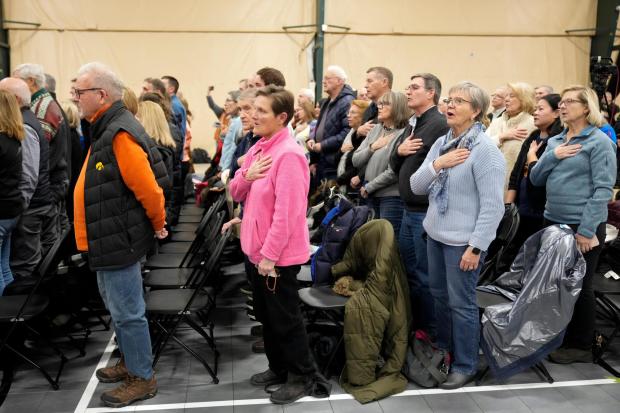
Attention to America’s primary system is especially notable this year, a historic one for elections around the world and as…
Read the full article here

